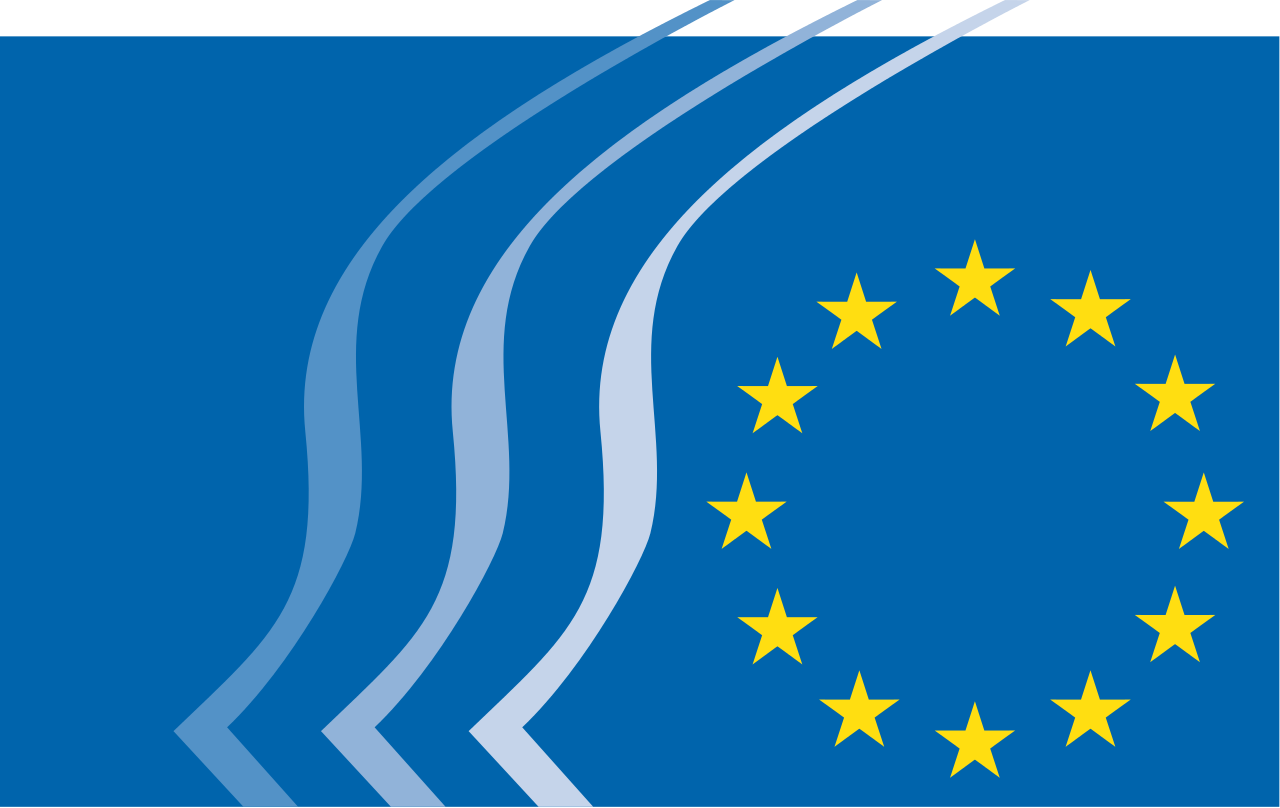EESC calls for economic convergence

“The European Economic and Social Committee (EESC) is encouraging the European Union to double its efforts to ensure better social cohesion and economic convergence across the Union.”
This was one of the recommendations and conclusions that was presented in the opinion of the EESC of which Dr. Philip von Brockdorff, the representative of the UĦM Voice of the Workers at the EESC, was the rapporteur.
In the opinion, entitled Towards a stronger international role of the euro, Dr. von Brockdorff together with co-rapporteur Dimitris Dimitriadis, said that the euro has not recovered the international role it played prior to the financial crisis.
They said that social cohesion, increased economic convergence and the promotion of competitivity and innovation, particularly for small and medium enterprises, should be the basis on which the euro economic zone should progress and ensure a strengthened international role.
The EESC claims that key differences among the member states as well as within the member states remain and this is hindering them from making the most of the economic opportunities that could benefit the EU as a whole.
The EESC appeals for caution and says that technological developments such as Fintech and digitalisation as well as other international currencies long term can create systems that are based on more than one currency.
The European Economic and Social Committee believes that the euro has the ability to raise its international profile. At the same time, however, the EESC suggests that the main priority of the euro zone should be, first and foremost, to get its internal situation in order and to achieve integrity and prosperity by improving the way it looks at development and by strengthening the sustainability of public finances. This process, which requires the willingness of the Economic and Monetary Union and the banking union, should be a priority in achieving a stronger international role for the euro.
The credibility of the sole European currency, which is a prerequisite if the international role of the euro is to be strengthened, requires further fiscal policy action and policies aimed at national growth as well as efforts to better the financial sector. In this context, the EESC continues to speak about the relevance of supporting SMEs and increasing productivity as a means of strengthening the competitivity of the euro zone in international markets.
The rapporteurs of this opinion add that the road to a stronger international role for the euro can be facilitated by the European Central Bank, firstly through its implementation of its mandate to stabilise pricing in the euro zone. The support of the European Central Bank of macro-economic policies as well as an Economic Monetary Union and a Capital Markets Union can push the international role of the euro.
Finally, the EESC encourages member states to make a more united stand in international diplomacy. A more united front could be created through more productive efforts to promote the interests of the EU, especially when it comes to anticipating strategic and diplomatic initiatives from China and the U.S.
